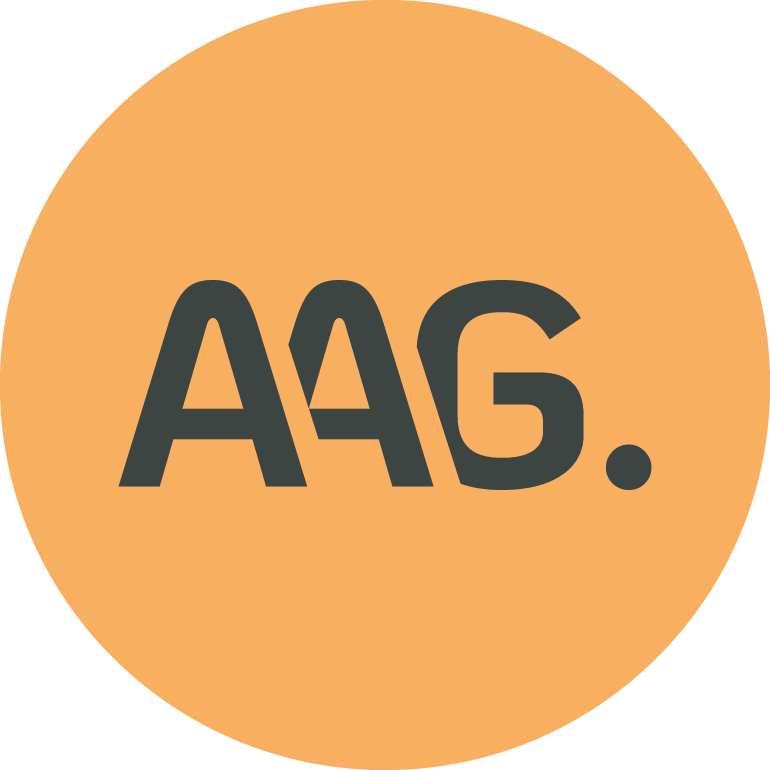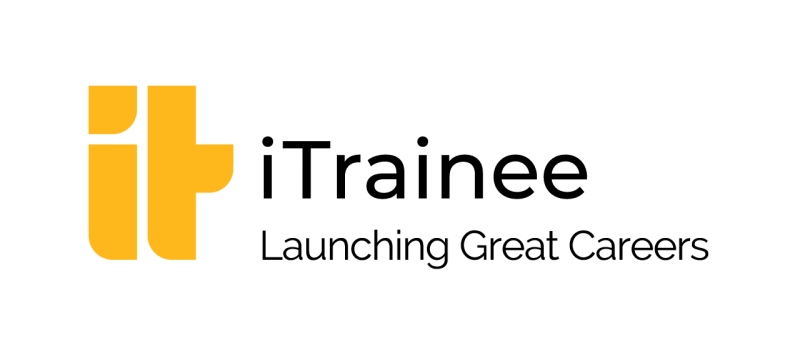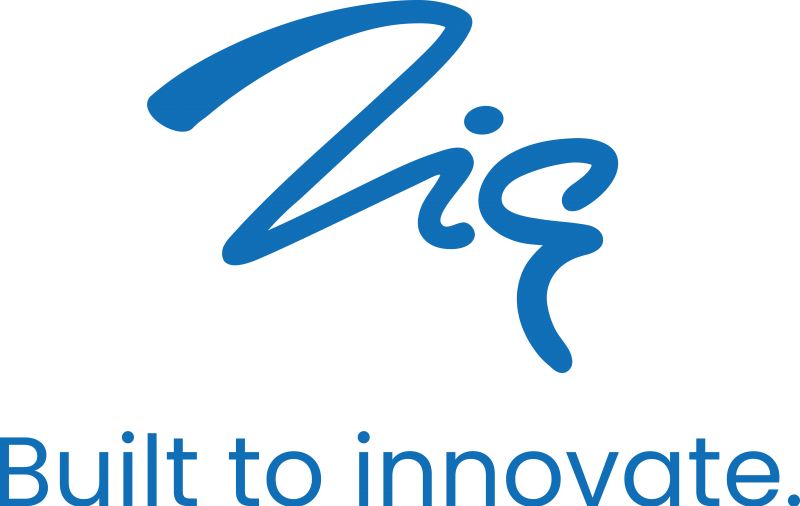Business is not isolated; it is a central part of society. So, how do corporations act? And what is the impact of, for example, Facebook? For our new monthly Weekend Long Reads, we ask a student from another discipline to shine a light on businesses and corporations. This month we start with Nick van Bree, master student Political Theory. He will discuss Facebook and its impact on society.
What is the power of Facebook? Political theorists distinguish four dimensions of power, which could be helpful to understand the impact this social network - with over one billion active users worldwide – has on our life.
Chances are, you stumbled on this article by scrolling through your timeline or maybe a friend shared it. You are not alone: we all spend a lot of our time on one of the biggest social media networks out there: Facebook. The average Facebook user spends 50 minutes a day (one in every 20 waking minutes) on the platform, and a recent report by the Reuters Institute found that, in the Netherlands, one-third of the population identifies Facebook as their primary news source (which is comparable with other European and North-American countries). Also, Facebook is quickly growing in both users and profit.
When a political theorist hears statements like that, he or she starts to wonder about the power relations involved. When we talk about power, one often thinks about political figures, police forces, armies, dictators and so on. However, power is much more than that; it is part of every society and present in every social relation. We experience power in the relationship with our boss, between friends, but also when we use Facebook.
So, how does power work?
Take the example of an employee that is ordered by his employer to clean the toilets in a restaurant. The employee would not voluntarily clean the toilets, but still, they do, due to, for example, the threat of losing their job. This is what Robert Dahl would call power: “A [the employer] has power over B [the employee] to the extent that he can get B to do something he would not otherwise do.” In the eyes of American political theorist Steven Lukes this is a one-dimensional view of power and, in his book Power: A Radical View, he argues for a more dimensional view of power.
First, he introduces a two-dimensional view of power, which is not only focussed on actions but also on non-actions and is often referred to as agenda-setting power. For example, because A participates in politics more often than B, A is more capable of influencing the political agenda. Resulting in a situation in which B is to a lesser extent able to make their issues part of the political discussion. This agenda-setting power is not necessarily exercised in a conscious fashion; it can be exercised unconsciously too.
The previously discussed conceptions deal with conflicts in interests between A and B, but there is another way in which A can exercise power over B. That is why, although the two-dimensional view is already more comprehensive than the one-dimensional view, Lukes introduces one more conception: a three-dimensional view of power. Power is also the ability to shape the interest of the other, or to quote Lukes here: “A may exercise power over B by getting him to do what he has to do, but he also exercises power over him by influencing, shaping or determining his very wants.”
All the three conceptions of power described are agent based, i.e. they view power as something that is possessed by an agent (in all the examples “A”) and exercised over[1]someone else. The French philosopher Michael Foucault (1926-1984) has developed a concept of power that departs from this agency based approach and focuses on social structures. This approach regards power as inherent in social relation; it is always present in relations to others. He argues that power is constituted in societal institutions, is not possessed by particular persons and does not, per se, serve individual interests. He claims that power relations do create discourses; the collection of statements about what can be discussed and what can’t be discussed. By which he means that power creates knowledge, and the other way around, power can only be exercised within a field of knowledge.
Ok, but what has Facebook to do with this?
There are many ways Facebook could exercise power. Let us focus, for now, on one in particular: the online categorization of preferences. In his book The Filter Bubble, Eli Pariser describes a personalization process happening everywhere on the internet, but mostly on social network sites like Facebook. He explains why friends who have similar political beliefs show up more in news feeds than those who vote for different political ideologies. Every time you open your newsfeed, the site provides an order of posts and advertisements determined by a ton of data about the user, which range from previously liked posts, the links you have clicked on, the websites you most often visit and even the time and place of your session. They are also allegedly able to actively influence these selections, as seen in an emotions experiment. This narrow range of content could stimulate groupthink and could lead to the false belief that most people share your ideas and interests. If viewed through the lens of the agency based view of power, this process - in which Facebook (or to be more precise, the algorithms of the site) determines your information input - creates a situation in which they can (to a certain extent) (a) determine the political agenda, and (b) shape your interest in a particular way. They may consciously prevent certain issues from getting exposure on the site; posts about petitions that are business-unfriendly, for example, could be kept out of the newsfeeds of users. They could consciously inflate minor issues by giving them more exposure or unconsciously influence the public debate by adjusting certain settings in their algorithms. They even can shape your very perceived interest, for example, by only feeding you content of a particular political ideology.
The very structure of the network site also creates power relations, when viewed through a Foucaultian lens. All users create data and information, i.e. knowledge about themselves, which can only be accessed by the site's algorithms. This creates a knowledge asymmetry and thereby a power relation between the user and the site. Besides, users actively take part in this knowledge creation by sharing a great deal of their personal life.
Wait, is this justifiable?
So, Facebook is exercising power. In some cases, its influence is celebrated, for example in the event of the Arabic Spring. In other cases it is questioned and feared, the filter bubble during the 2016 American presidential campaign would be such a case. However, as Foucault already pointed out, power is not necessarily a positive or negative phenomenon. In contrast, it is inherent in our social life and even productive; it creates the reality we all live in. Therefore, in my view, power is only unjustifiable if the outcome of the power relations is unjust; if the created reality contains injustice.
Analyses in the spirit of Foucault may be comprehensive understandings of the social structures involved. However, the move from agency to structures (and consequentially from responsibility to context) can feel unsatisfying for both camps in the discussion. The absence of responsible people, companies or governments in situations of perceived injustice may create feelings of powerlessness and thereby could discourage people to take action against such injustices. The political theorist Stephen Schneck acknowledges this problem and tries to find a solution in Foucault's own work. During his life, Foucault became himself aware of this issue too, and in his later work, he tries to find ways for people to resist certain power structures and discourses. Maybe, an understanding of both the agency based and structural approach is necessary to really grasp the world around us. We should not deny the existence of power relations and try to change these when we perceive them as creating injustice.
This very brief overview of power is partly based on a chapter by David Owen in Issues in Political Theory composed by Catriona McKinnon. If you found this article interesting, you should check out this book.




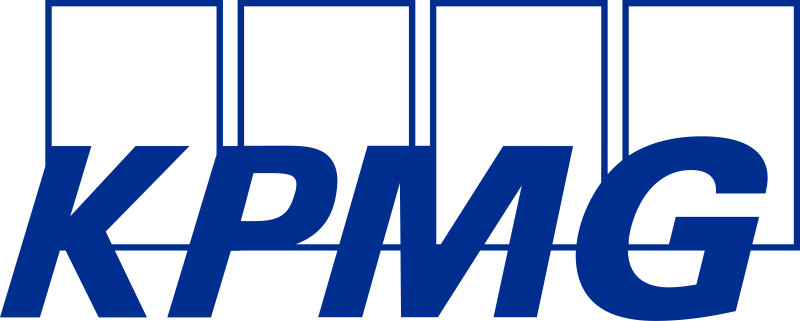





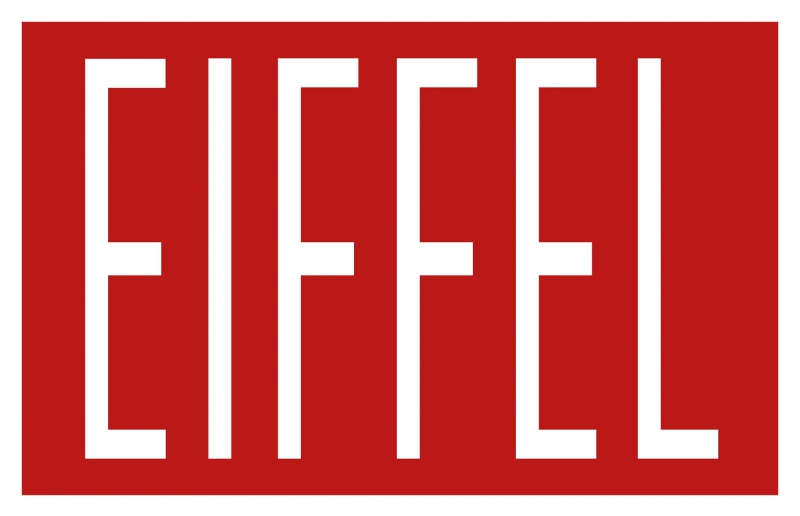


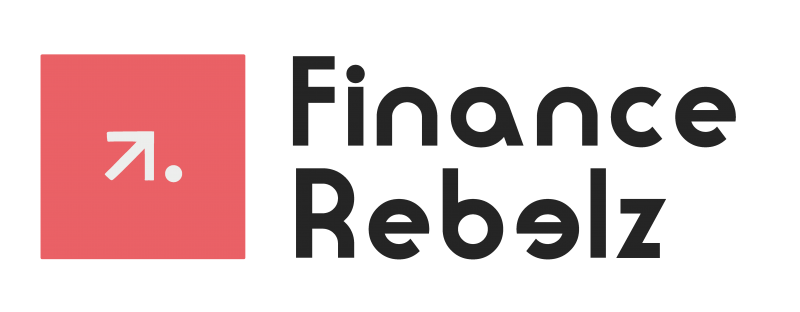

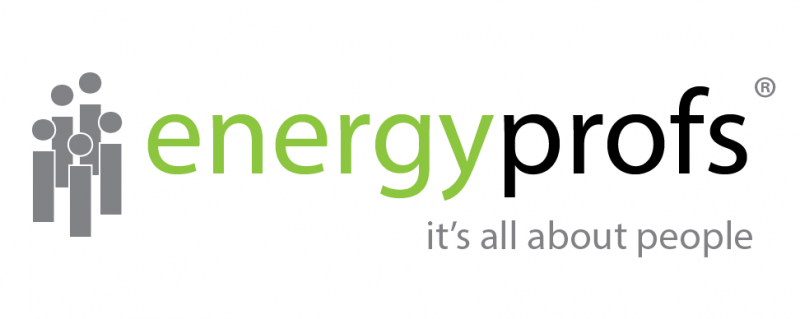

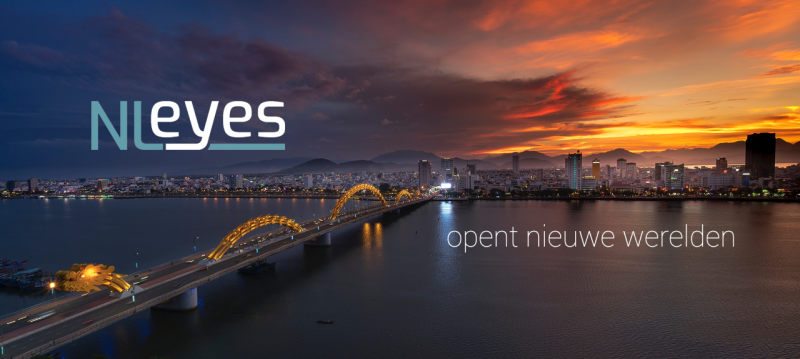


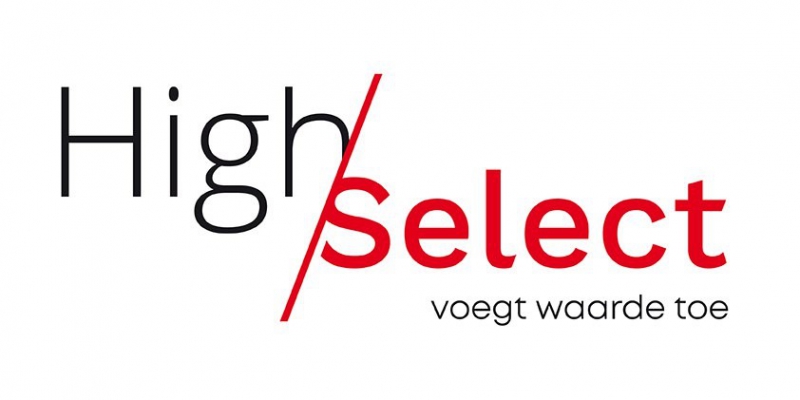

.png)

